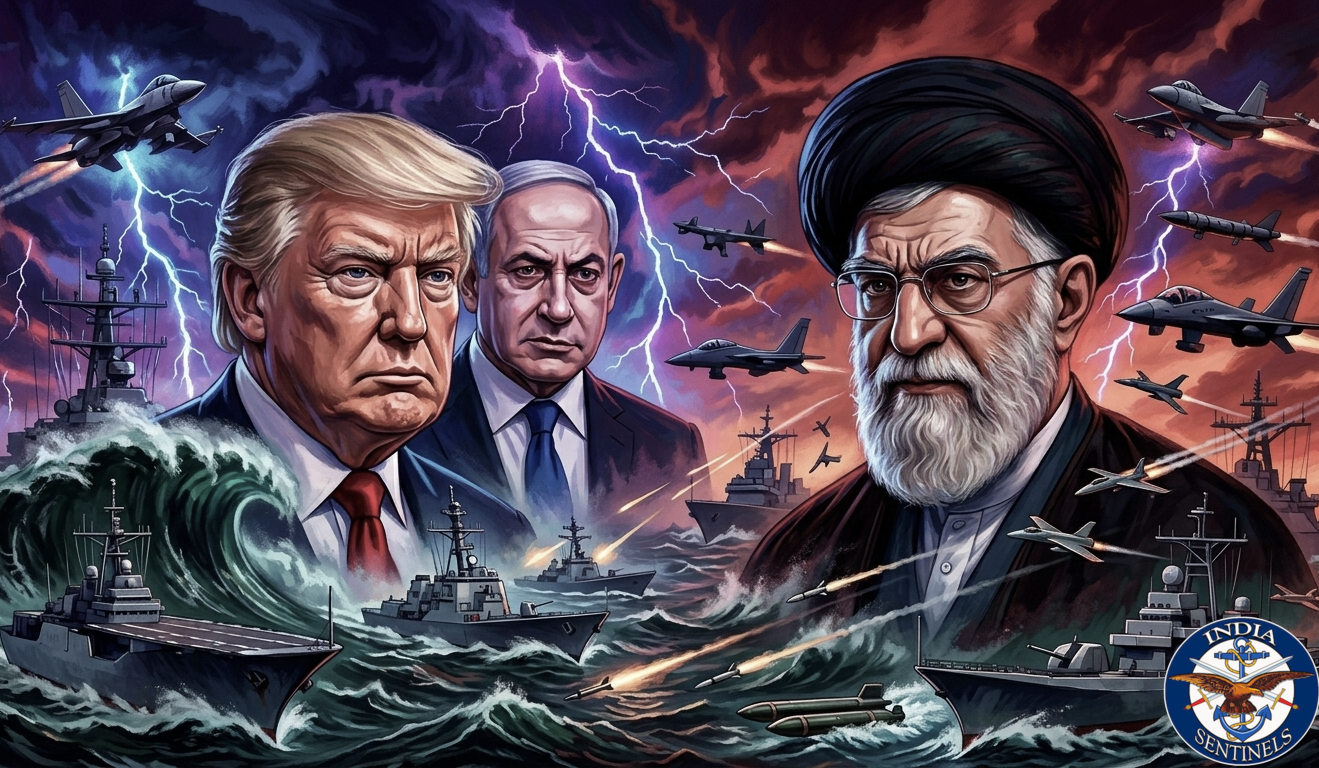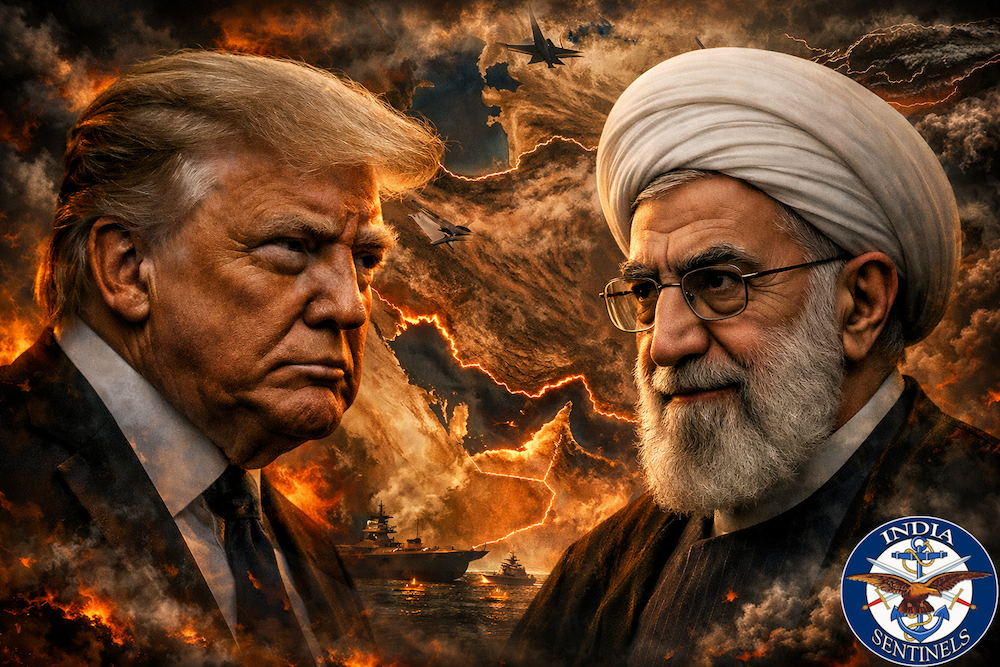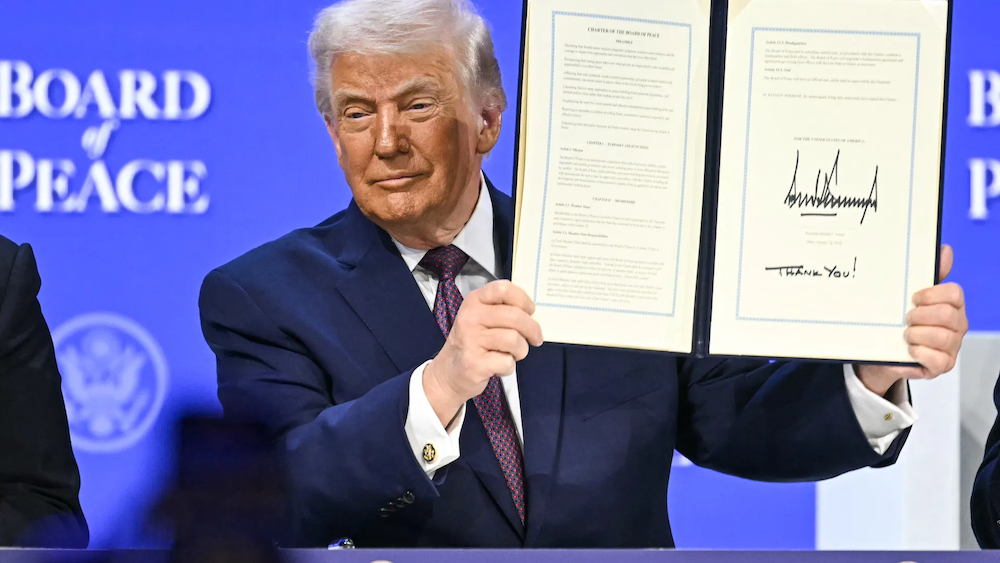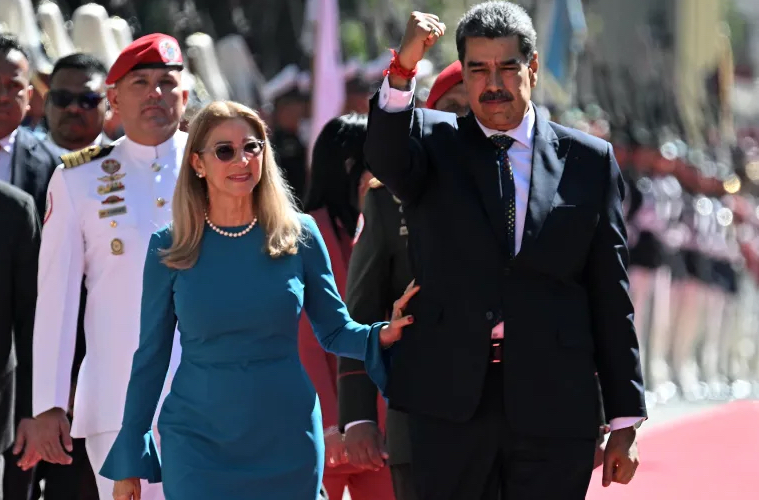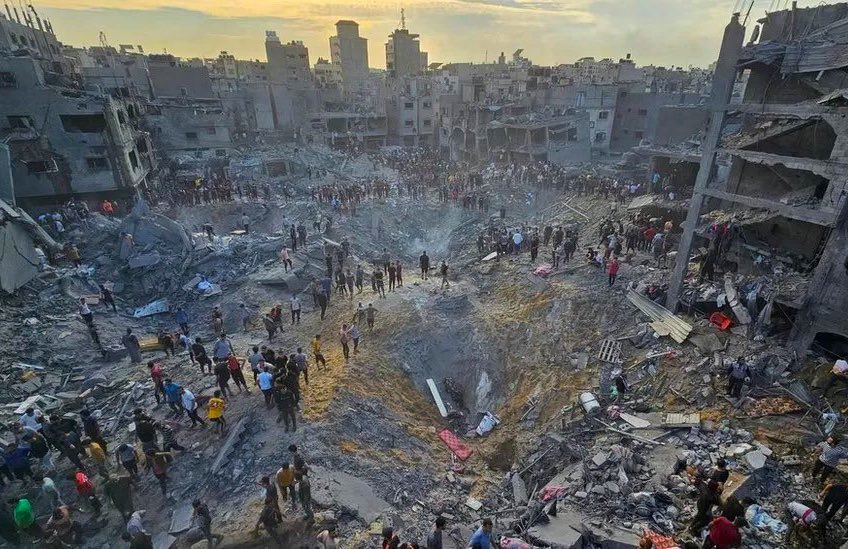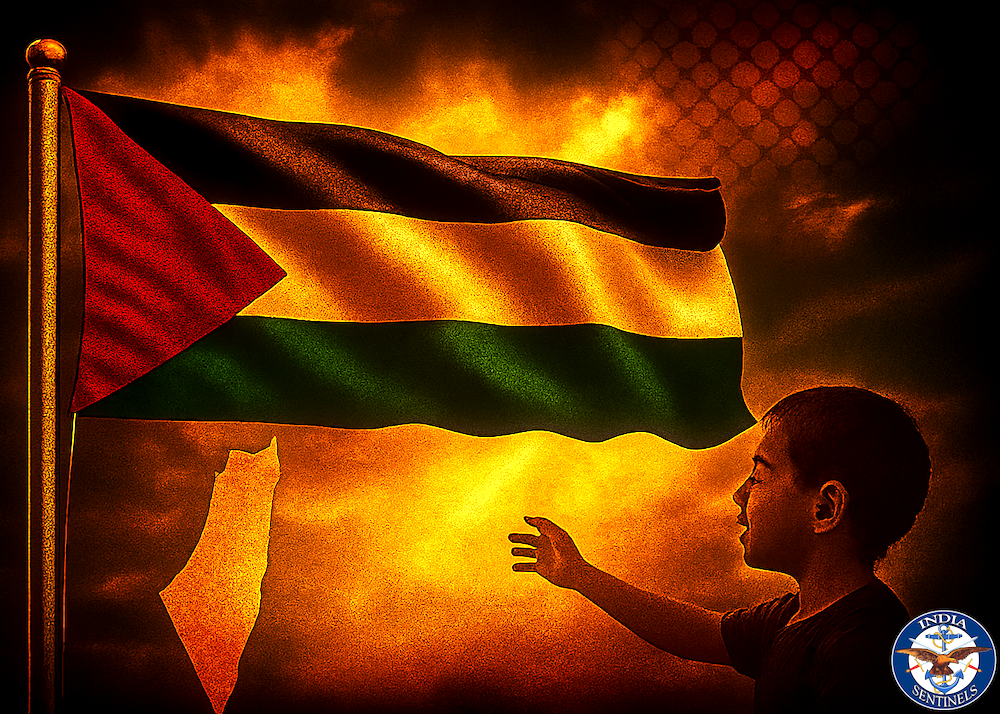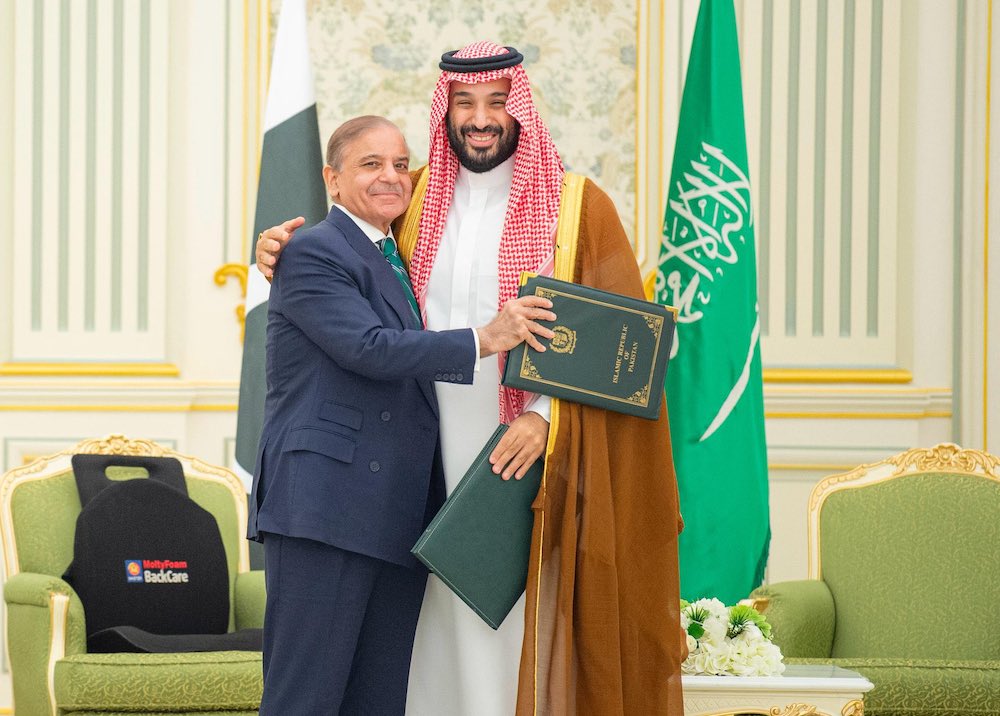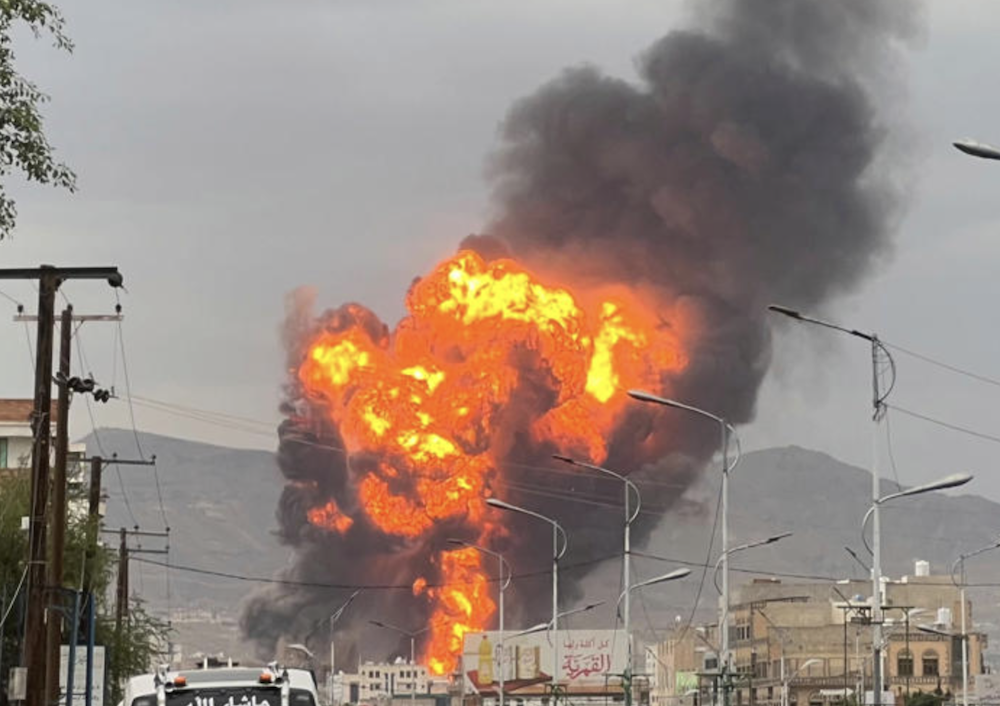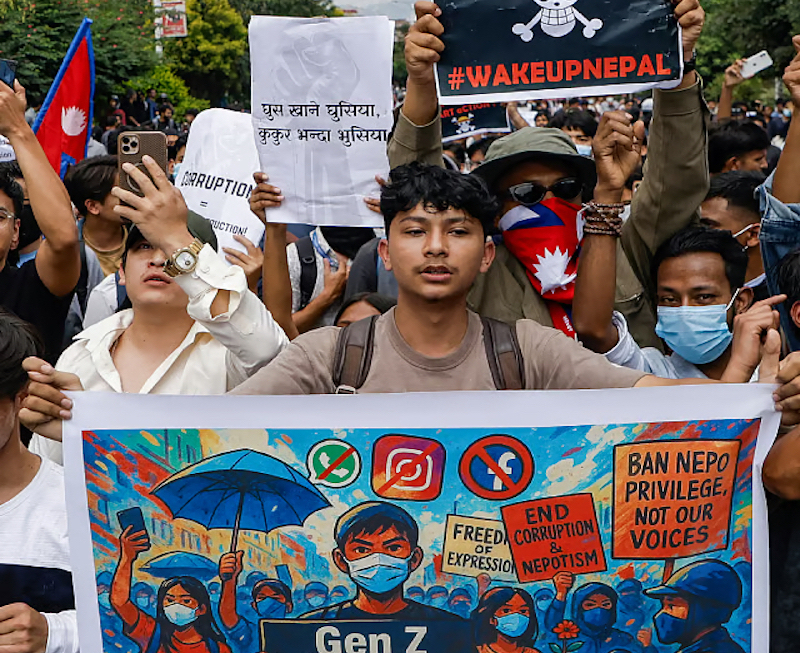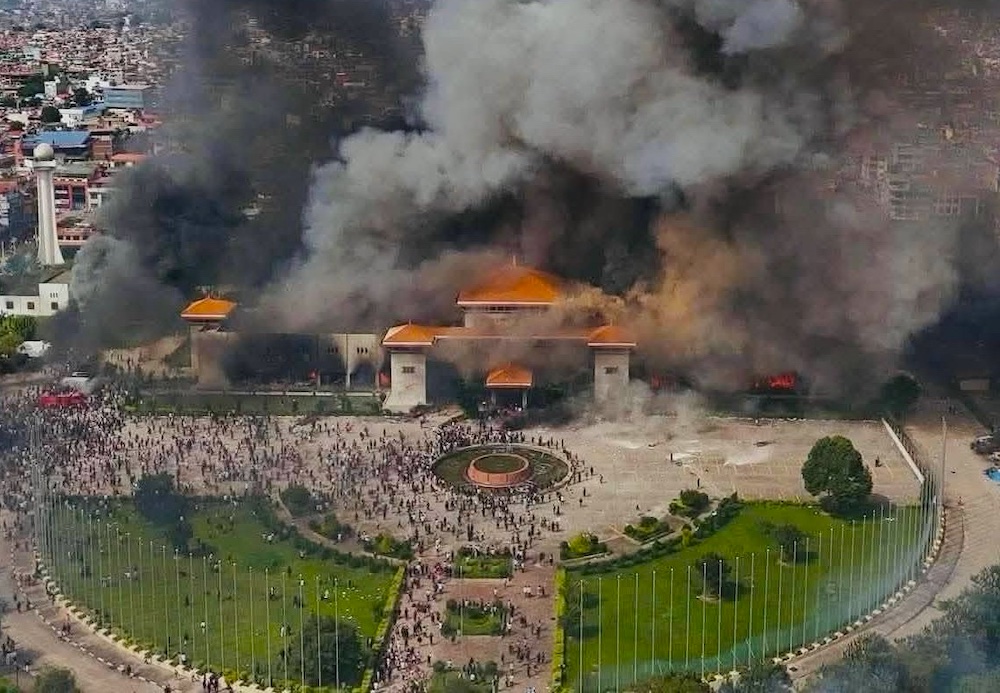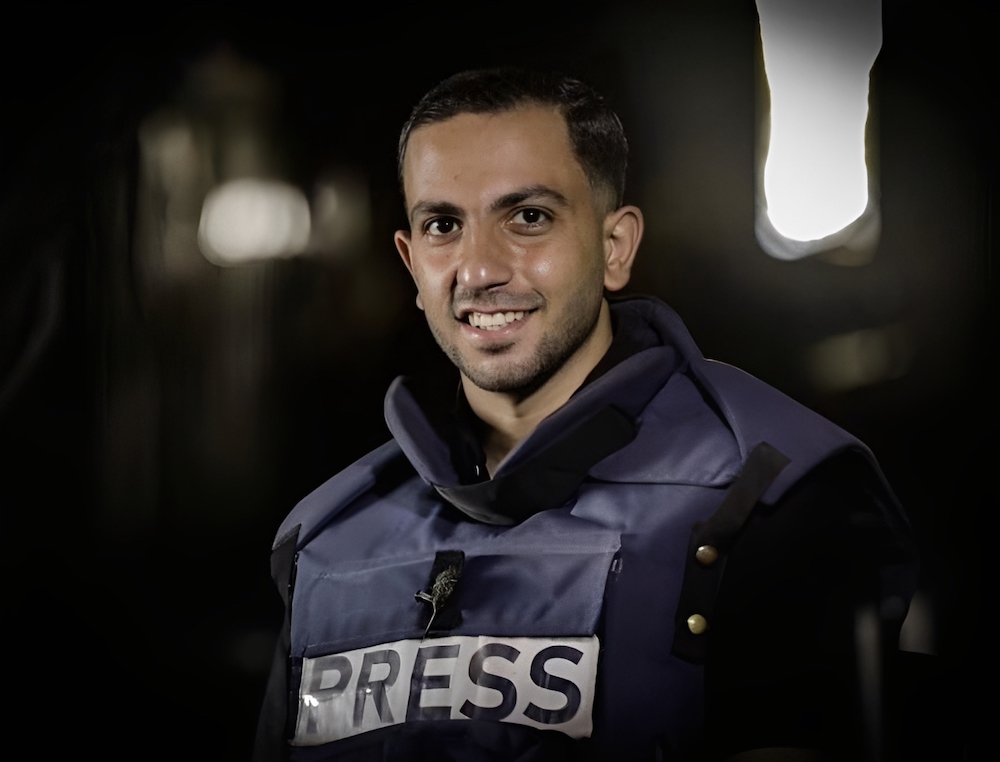 Anas Jamal Mahmoud al-Sharif (December 3, 1996 – August 11, 2025).
Anas Jamal Mahmoud al-Sharif (December 3, 1996 – August 11, 2025).
New Delhi: An Israeli airstrike just before midnight on Sunday destroyed a clearly marked press tent near al-Shifa Hospital’s main entrance in Gaza City, killing six journalists including Al Jazeera’s veteran and most well-known Gaza correspondent Anas al-Sharif, 28. The attack also claimed the lives of Mohammed Qreiqeh, Ibrahim Zaher, Mohammed Noufal, and freelancer Mohammed al-Khaldi, who succumbed to his injuries later.
The Israel Defense Forces justified the strike by claiming al-Sharif led a Hamas cell and facilitated rocket attacks. However, the military provided no evidence linking the other five journalists to militant activities. Al Jazeera categorically rejected Israel’s allegations against al-Sharif, describing them as unfounded.
Verified footage from the scene showed rescue workers retrieving bodies from the destroyed tent, which bore prominent “PRESS” markings visible from aerial surveillance. The strike occurred as Israel signalled preparations for an expanded offensive in Gaza City, with residents reporting the heaviest bombardment in weeks across eastern neighbourhoods.
The Committee to Protect Journalists documented that 186 media workers had been killed since the war began in October 2023, a figure that rose to 192 following Sunday’s deaths. The Hamas-run Gaza media office has reported higher casualty figures, while international organizations have consistently highlighted the extreme dangers facing reporters in the territory.
Press freedom advocates described the attack as part of a systematic pattern. Rights organizations and several governments demanded independent investigations, emphasizing that journalists maintain civilian status under international humanitarian law unless directly participating in hostilities. Israel’s military maintained that press credentials cannot shield militants, reaffirming its position that al-Sharif was a legitimate target despite Al Jazeera’s denials.
Australia announces Palestinian recognition
Hours after the Gaza strike, the prime minister of Australia, Anthony Albanese, declared that Canberra would formally recognize the State of Palestine at the UN general assembly in September. The move aligns Australia with a growing coalition of western nations and amplifies diplomatic pressure on Israel to pursue political solutions.
Albanese outlined specific conditions for recognition, including Palestinian Authority commitments to exclude Hamas from future governance, demilitarize Gaza, and conduct elections alongside administrative reforms. The decision reflects mounting Australian concern over the humanitarian crisis and Israel’s planned military escalation in Gaza City.
The announcement places Australia alongside France, Britain, and Canada, which have indicated similar recognition timelines, while New Zealand is considering the move for next month. This coordinated approach challenges Washington’s position and threatens to isolate the United States among key allies on Palestinian statehood.
Israel’s ambassador to Australia, Amir Maimon, condemned the decision as “shameful”, arguing it would complicate hostage negotiations and embolden extremists. However, the Australian government framed recognition as essential for reviving two-state negotiations and mobilizing international leverage for ceasefire efforts.
While largely symbolic, diplomatic recognition carries significant weight at the UN, where a growing majority of member states support Palestinian statehood. Advocates argue that expanded western backing could influence undecided nations and further isolate opponents of enhanced Palestinian status.
As of March 2025, the State of Palestine is recognized as a sovereign state by 147 of the 193 member states of the United Nations, or just over 76% of all UN members. It has been a non-member observer state of the United Nations general assembly since November 2012.
As far as India is concerned, it officially recognized Palestine in 1988, following the Palestinian declaration of independence on November 18, 1988. This recognition came after New Delhi had already established relations with Yasser Arafat’s Palestine Liberation Organization (PLO) as the sole representative of the Palestinian people in 1974.
Information warfare and diplomatic realignment
The targeting of experienced Gaza correspondents compounds an already severe information deficit from the territory. Israel has barred most foreign journalists from entering Gaza while questioning the legitimacy of local reporters, creating dangerous information gaps that intensify reliance on limited footage and eyewitness accounts.
Press rights organizations argue that Israel has repeatedly accused journalists of terrorism without providing verifiable evidence. Such allegations, if used to justify lethal targeting without independent verification, would raise serious questions under international humanitarian law regarding distinction and proportionality in warfare.
Australia’s diplomatic shift reflects broader frustration among middle-power democracies with Israel’s prosecution of the war and restrictions on independent reporting. These nations increasingly view Palestinian recognition as a precondition for meaningful negotiations rather than an endpoint, signalling that continued military escalation carries rising political costs.
The coordinated recognition efforts by western allies could strengthen Palestinian bids for enhanced UN status and complicate American efforts to contain the issue within Security Council dynamics, despite persistent veto constraints.
Long-term implications
Israel’s cabinet has approved plans for a new military phase in Gaza City, potentially testing relationships with allies already expressing discomfort over humanitarian access and urban warfare practices. Sustaining operations while allied recognition initiatives advance may strain diplomatic ties further, observers believe.
The loss of veteran Gaza reporters significantly limits independent coverage, elevating the importance of satellite analysis and human rights documentation while deepening disputes over battlefield verification. This information vacuum complicates international understanding of events and may influence policy decisions based on incomplete data.
Effect on India
For India, these developments carry particular resonance. New Delhi has long supported a two-state solution based on direct negotiations while maintaining balanced ties with both Israel and the Palestinian Authority. The acceleration of western recognition could reshape multilateral expectations and create new pressure points in forums where India seeks consensus-based outcomes.
The targeting of journalists also aligns with India’s advocacy for press safety in conflict zones and adherence to international humanitarian law in active theatres of operation. As a major democracy with significant media interests, India’s position on press freedom in conflict situations may face scrutiny.
As the Gaza war approaches its second anniversary, August 11, 2025, marks a potential inflection point on both information and diplomatic fronts. The elimination of key witnesses to the conflict, combined with a recognition drive that reframes statehood as a negotiating tool rather than a final reward, could significantly alter the conflict’s trajectory.
Whether these twin developments influence battlefield decisions or accelerate ceasefire efforts remains to be tested in the weeks leading to the UN general assembly, where the convergence of press freedom concerns and Palestinian diplomatic gains may reshape international responses to one of the world’s most intractable conflicts.

